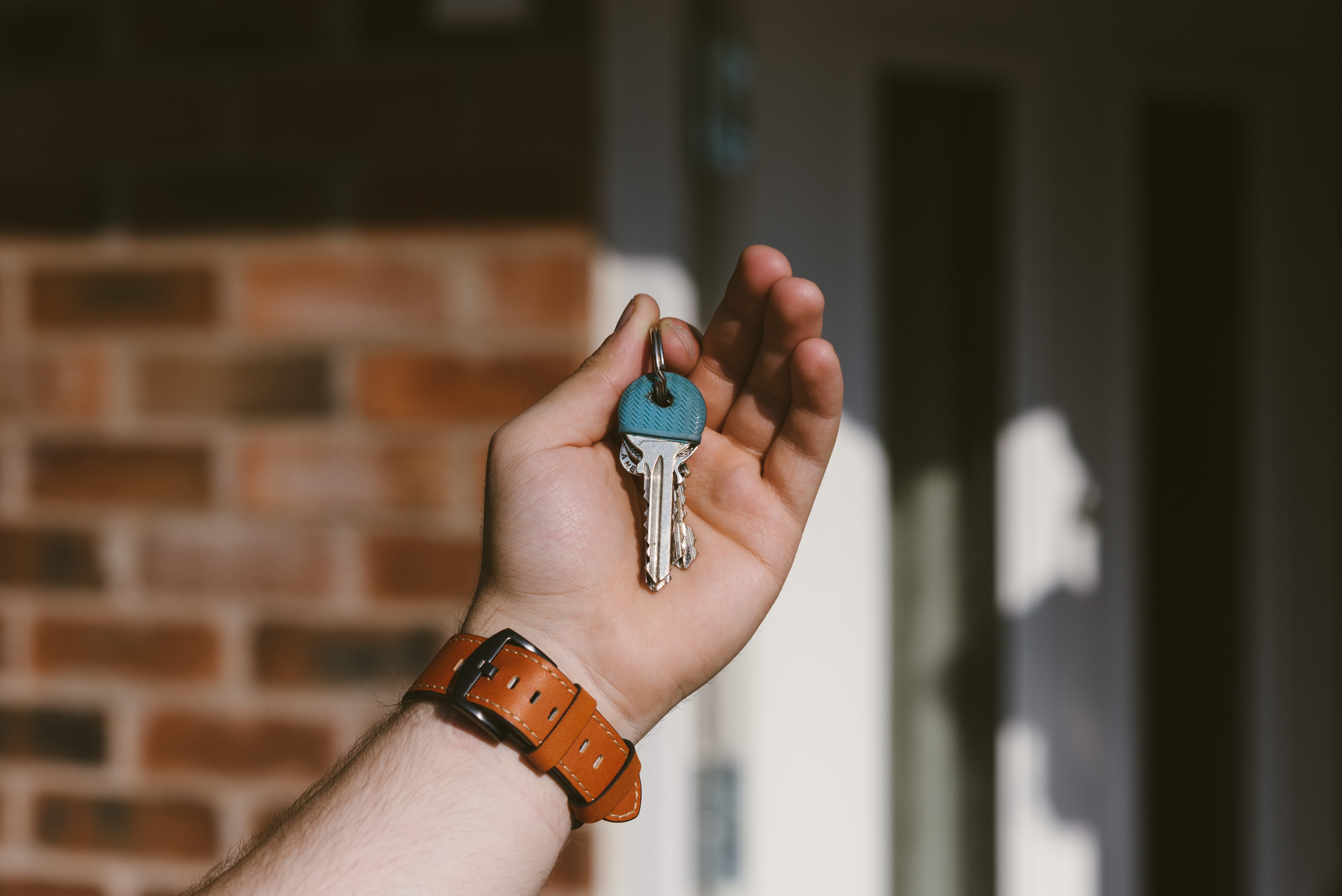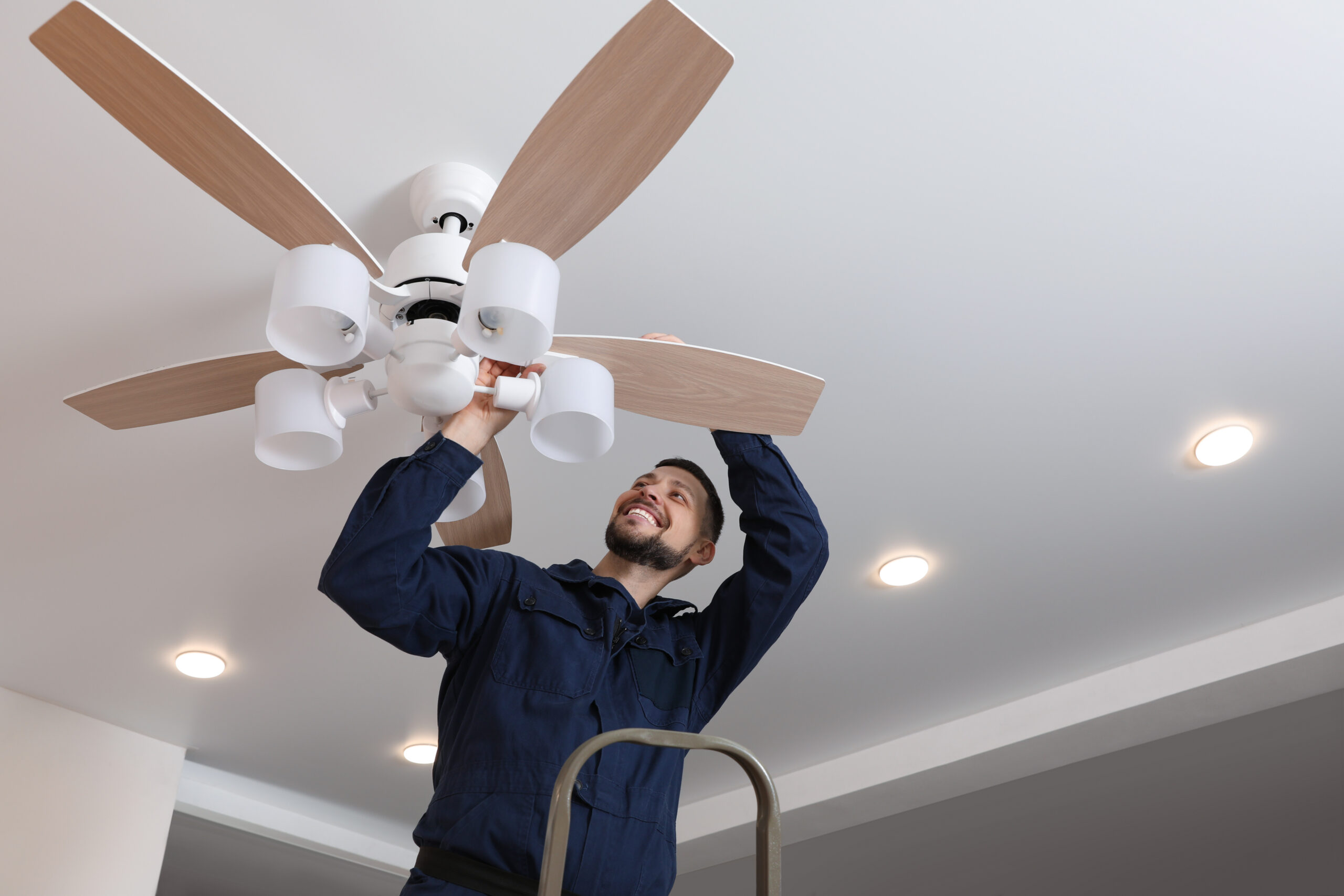Selling Your Home? 5 Things To Know Before You List.
Jul 6, 2018, 2:25 PM | Updated: Jan 22, 2020, 5:21 pm

Photo: Pixabay
This article is sponsored by the Utah Central Association of REALTORS®. The Utah Central Association of REALTORS® exists to provide leading edge programs, products, and services that enable its members to deliver the highest quality professional service to their clients. When you are selling your home, choose a REALTOR®.
Utah homes are spending an average 32 days on the market right now. For those looking to sell, that’s great news. But, there’s more to selling your home than putting a sign in the yard. Amber Burke, President Elect of the Utah Central Association of REALTORS®, shares with us five things to consider in preparation to sell your home.
1. Price It Right
Pricing is always important, but in a seller’s market, it’s crucial. At the rate homes are selling, high pricing can have you losing buyers and lead to your home staying on the market while others are selling. However, selling fast isn’t always a good sign; it could mean your asking price was too low, resulting in you missing out on hard-earned equity. There’s more to pricing your home than picking a number based on the overall size and number of bedrooms, so it’s important to make sure you understand what all contributes to or takes away from the listing price. It’s also important to understand that the many online pricing tools available are not always accurate.
2. Have an Offer Strategy

Photo: Storyblocks
You’ve listed your home, but now what? What happens when the offers start coming in? Say a buyer wants to move in next week. Do you have a plan? Do you know what you’re looking for before you get started? Having an offer strategy prepped and ready before you start receiving offers allows you to have better control of the situation, including where you’ll go next as well as things like handling closing costs and buyer demands. Receiving offers can be exciting but stressful. Having a strategy ahead of time can help alleviate stress and make for a smoother transaction. Also, just because an offer is high, doesn’t mean it’s the right offer for you.
3. Conduct Security Screenings

Photo: Pexels
Selling your home is important, but your safety is paramount. Showing your home ultimately means you are inviting strangers into your living space. How do you screen potential buyers? REALTORS® use a lockbox system that allows them to monitor who enters the home and when. These systems also function by appointment only, which means all home showings are scheduled and expected. Your home is your home, and there are ways for you to show it to others safely.
4. Stage Your Home
Oh! My house & photos are on the website. Why have the chairs been lined up like I’m playing trains…. #sellinghouse pic.twitter.com/eXrFOxiSOH
— tomate rouge🎈 (@butnevergreen) May 20, 2015
You want potential buyers to fall in love with your home. If buyers can’t see themselves living in your home, they likely won’t want to. It’s important to make a good first impression with each buyer coming through the door. Buyers likely know by the time they get from the front door to the kitchen whether they are seriously interested in the home. Make sure everything is clean and in working order, because even something as small as a broken doorbell can throw off a buyer. Your listing photos set the tone of your home for the buyer as well, so be sure they are clean and professional.
5. Emotionally Detach
Selling your home is an emotional event that is exciting, new, and sometimes hard. Treating it as a business transaction can help pull the emotion out of it, and a REALTOR® can act as a buffer between the seller and buyer to diffuse that emotion. The odds are that not everyone viewing your home will love it, and that’s okay. It’s easy to take comments about your home personally, but remember, the buyer isn’t looking at it as your home, but potentially their home. If you as the seller also see it as their home, it takes away hurt feelings, but can also prevent you from pointing out what you don’t love about the home. Emotionally detaching ultimately helps both the seller to let go of the home, and allows the buyer to fall in love with it.









